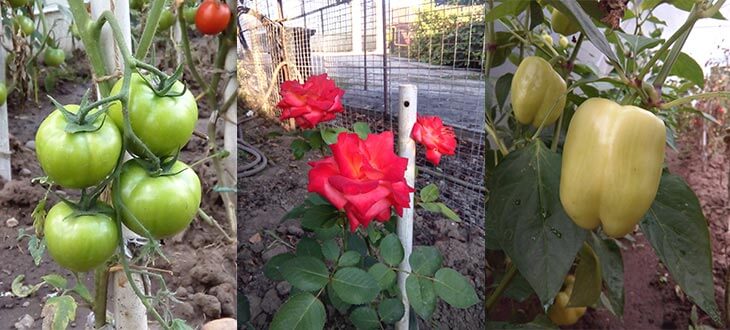6 Benefits & Uses of Epsom Salt For Plants & Garden
Besides the famous baking soda which has many uses in traditional medicine, gardening, kitchen, and many other fields, Epsom salt is another miraculous product.
Disclosure: This page contains affiliate links. This means that the owner of this website might be compensated for any qualifying purchases made via these links.
Contents
What is Epsom salt?
Epsom salt is a mineral compound of magnesium sulfate (MgSO4) and it’s found in transparent crystals that look very similar with the salt we use in our kitchens.
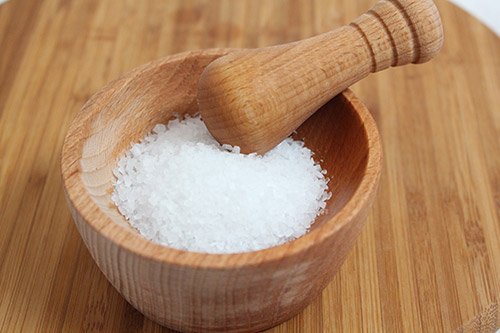
The name “Epsom salt” has its origins from the place from where it is extracted – Epsom, England.
Even though it’s called “Epsom salt” and looks very much like regular salt, it’s not actually salt, but a distinctive natural mineral compound. Just like table salt, the Epsom salt is water-soluble.
Because of its high concentration of magnesium and sulfate, Epsom salt has numerous uses as a natural remedy and it is often used in therapeutic baths.
Besides the therapeutic role, this mineral is also very popular in gardening.
The Epsom salt is sold by many different brands. Usually, you can find it in most pharmacies and grocery stores, or can simply order it from Amazon.
Some packages might contain additional substances and are recommended for agriculture or other activities. Only the products that are labeled “USP” are recommended for human use so make sure you always read the label.
Uses and Benefits of Epsom For Plants & Garden
Even though this mineral is known to have various anti-inflammatory and exfoliant benefits, I’m only going to resume at listing the benefits of Epsom salt in gardening related activities.
1. Improve soil quality
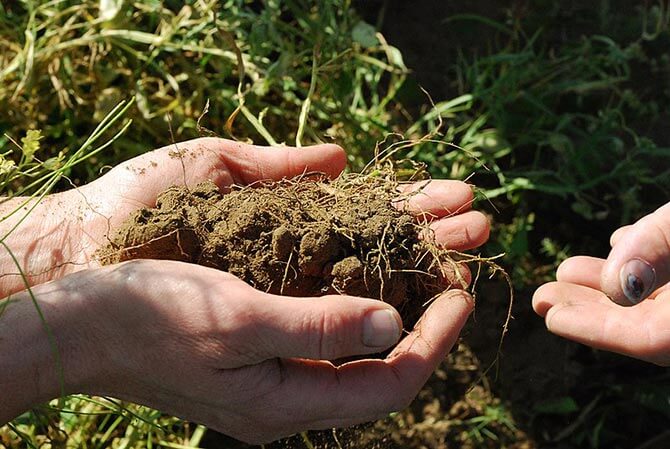
One of the magnesium’s key roles is in Chlorophyll (the pigment that gives plants the green color to leaves and stems). Chlorophyll is vital for photosynthesis since it enables plants to absorb energy from light and turn the carbon dioxide into oxygen.
A soil magnesium deficiency usually results in full yellowing or to the occurrence of yellow spots on the leaves of the plants or stems.
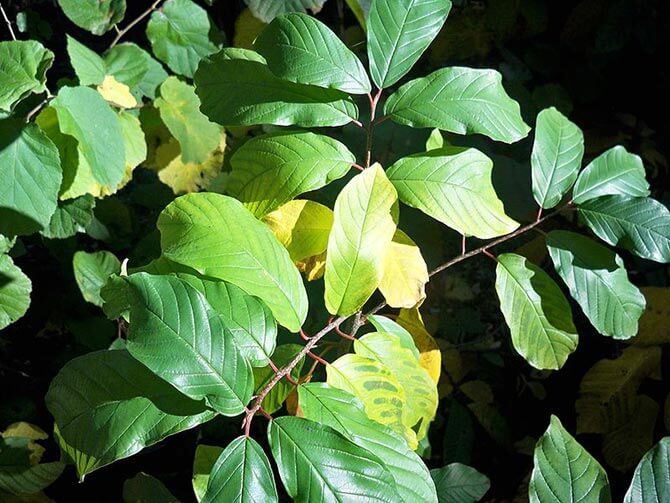
A water solution of Epsom salt is slightly acidic, but not enough to change soil’s pH level significantly. Hence, it can be safely used for almost any type of plants.
2. Tastier Vegetables
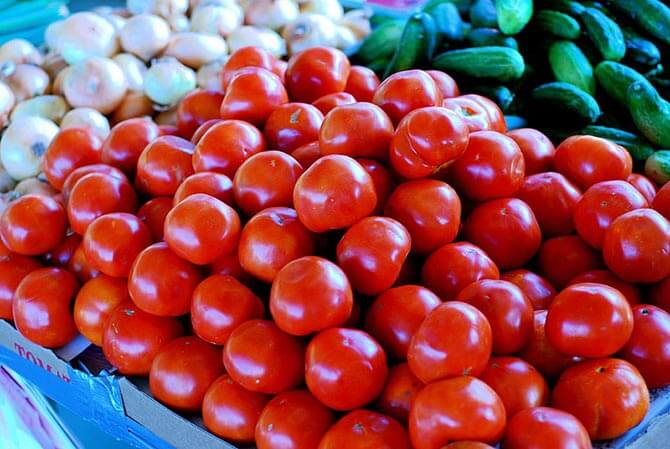
Some gardeners claim that watering these vegetables with a solution of Epsom salt will make these vegetables more colorful, healthier, and tastier due to the magnesium supplement. A proper level of magnesium in the soil will also keep several vegetable diseases away.
The garden plants that can enjoy the benefits of magnesium sulfate the most are tomatoes, peppers, green beans, garlic, and onion.
3. Thriving, More Beautiful Roses
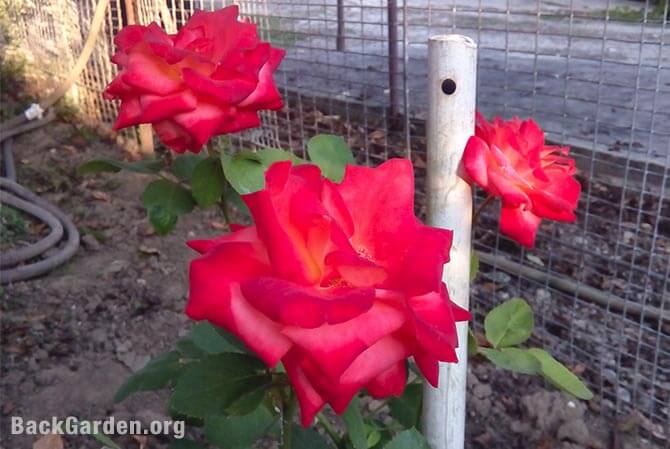
Besides growing tastier vegetables, it’s also known that Epsom salt can make roses more flourishing.
Just like peppers and tomatoes, roses require a higher level of magnesium.
Epsom salt will increase the magnesium level in the soil and give roses the proper environment to grow. The magnesium addition will enable your roses to grow bigger and have more vivid colors.
4. Greener and Healthier Lawn
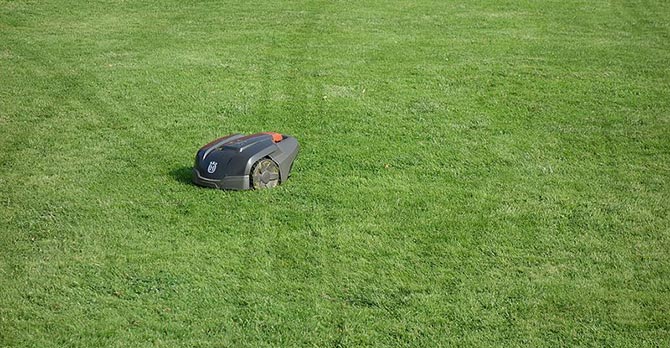
A lawn usually turns yellow because of a magnesium deficiency.
Because magnesium plays an important role in plants’ Chlorophyll, watering your lawn with a composition of Epsom salt should make your lawn greener and healthier.
5. Pest Control
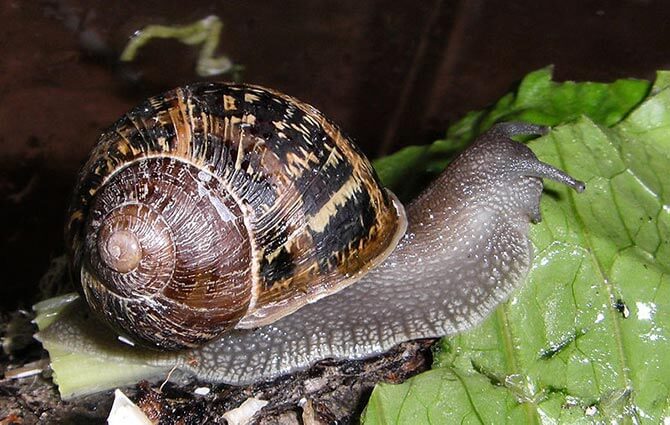
It thought that Epsom salt can protect your plants from snails, cockroaches, and other garden pests.
Dr. Robert Stauffer, Area Extension Specialist at the University of Nevada Cooperative Extension recommends the use of Epsom salt as a bait for house cockroaches (Cockroaches, The Environmentally Friendly Pest Control Series—No. 1).
He claims that the magnesium in the Epsom salt “will upset the biological system of a roach and prevent feeding; therefore, the roach will die”.
If Epsom salt can kill the kitchen roaches, why wouldn’t this also work for your garden, right?
A few sources recommend the sprinkle of Epsom salt around the plants to keep away the snails.
If you want to deter bugs, some gardeners recommend using a thin line of Epsom salt when you plant the vegetable seeds.
6. Weed Killer
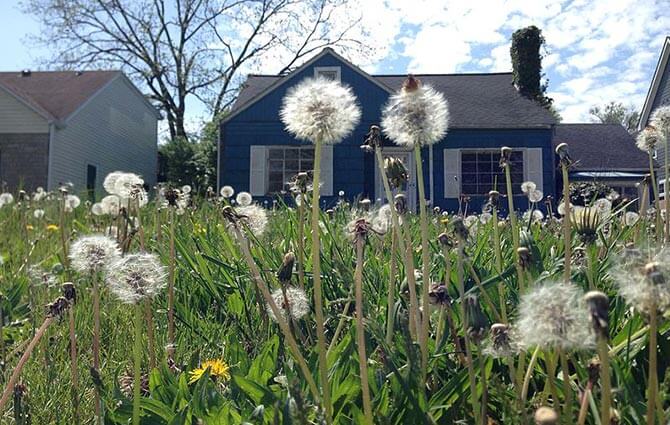
Here’s the recipe for preparing an organically weed killer with Epsom salt:
- 1 Gallon vinegar
- 2 Cups Epson salt
- 1/4 Cup of organic dish soap
Mix all the ingredients together and spray the solution on the weeds you want to eliminate.
Spraying the solution during the hottest time of the day should facilitate the absorption of our natural herbicide by the weeds.

